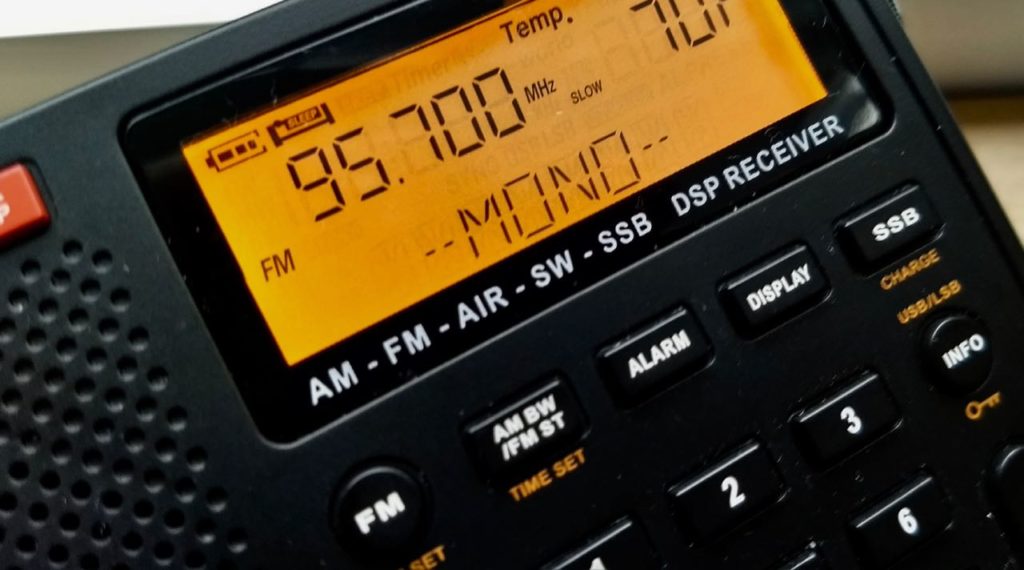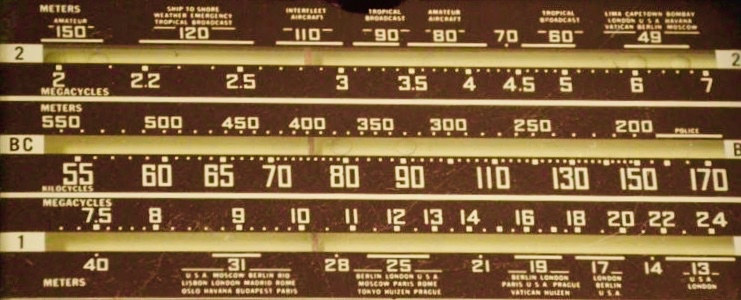(Source: RadioInfo via William Lee)
Radio Tomorrow with James CridlandI’m writing this in London, where the doors are (as I type) just about to open for Next Radio, the radio conference that I run here with my friend Matt Deegan. It’s a positive radio conference with an uplifting feel.
Go to a radio conference in the US or Canada, and there won’t be very many smiling faces. There’s a general feeling in the US and Canada that radio is managing decline. But in other countries, radio is behaving differently.
The UK commercial industry has grown, over the past year, by 5.2%. It’s now a US $887m market.
Australian commercial radio has grown too – over the past year, metro stations growing 3.8% to a US $573m market (and there’s more from the regions, too).
Commercial radio in Finland is growing, too. Their figures are harder to decipher, but July grew by 6.6% over June; and June grew by 17% over May. The market’s comparatively small at about US $93m – but it’s doing better than the UK if you bear in mind Finland’s small population.
These aren’t the stories you hear from the US and Canada; and I’m often asked why.
It’s not an easy answer.
[…]In the UK, commercial radio has an effective industry body, Radiocentre. They promote the medium to agencies, lobby government, and sing radio’s praises. They’re really very good at it.
In Australia, commercial radio, too, has an effective industry body. It’s called Commercial Radio Australia, and they, too, promote the medium to agencies, lobby government, and sing radio’s praises. They’re tenacious and efficient.
And in Finland, their industry body is Radio Media. They lobby government, promote the medium to agencies, and market radio as well: to great effect.[…]


